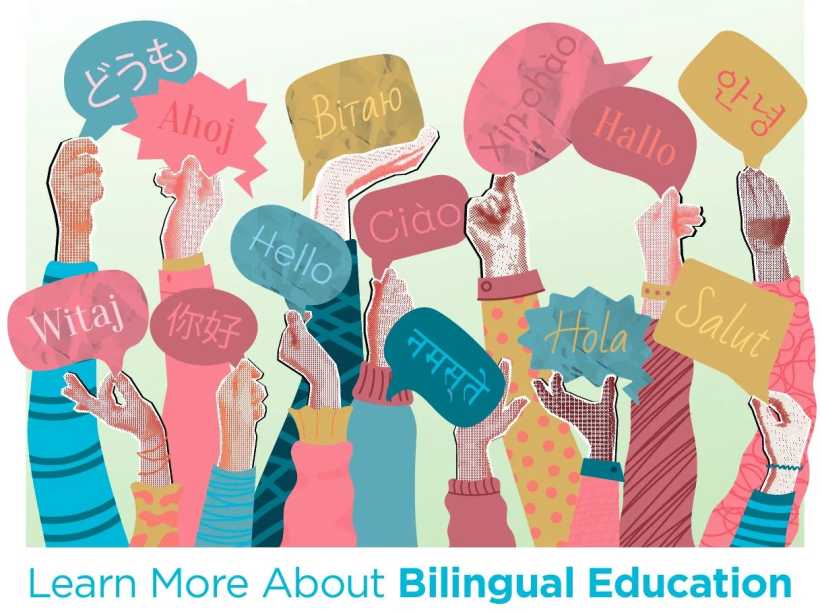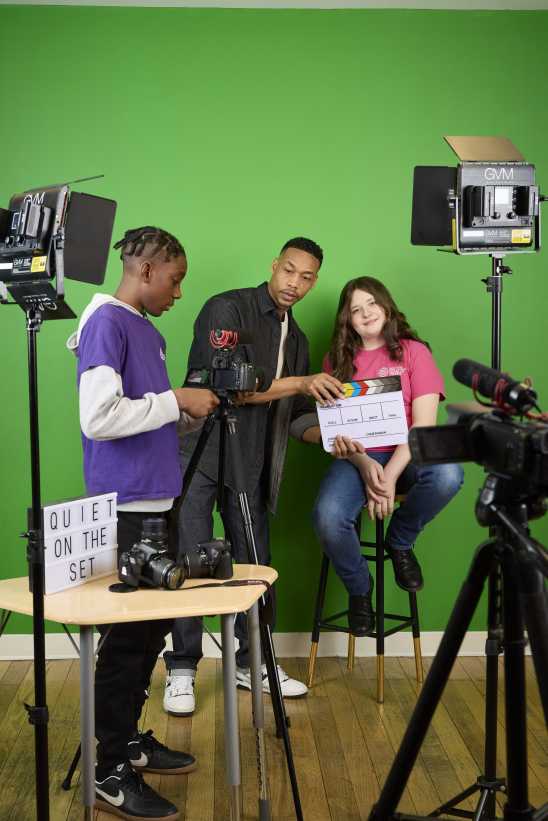Twenty-first century teens face a threat that older generations never had to deal with — the Internet.
Teens know that freedom of speech is a constitutional right, and they often can’t help their outbursts. However, free speech on the Internet can be used against a teen by peers, in background searches, job interviews and school admissions.
Teens need to understand that content posted online can become part of their “permanent digital record.” Information and photos that appear on Facebook, MySpace, Friendster, Xanga, LiveJournal, Twitter, and in other photo, chat, and video postings can remain online in perpetuity, and getting items removed can be difficult. Here are some ways you can help your teen stay safe:
Monitoring
Teens like their privacy and using the computer can all but eliminate family face time. Your teen may make online friends that she knows you would find unsavory as she tries to assert her independence.
“Technology should not be the excuse for a lack of communications between parent and child, but unfortunately it is,” says Ronald Hartridge, a city elementary school Parent Coordinator. “We as parents are losing this battle of staying in tune and connected with our young people and as a result we are losing them in more ways than one.”
Hartridge is the father of two daughters, ages 24 and 11, and is tuned in to their online chats.
The girls keep their online conversations accessible to their father so that he can keep a watchful eye on things.
Becoming your teen’s online friend, or having a relative become a friend, can serve as a guide to help the teen through sticky situations. It’s like having a chaperone for your teen in cyberspace. If you wouldn’t let your kid have company when you’re not home, then you might not let her roam around the Internet alone, either.
Nothing is sacred online
Make sure your teen understands that the Internet is not a place to where secrets are kept.
Manhattan teen Amy learned the hard way during a highly competitive college application process. She was accepted to two top-tier schools, and wanted to go to school “A,” while her mom wanted her to go to school “B.”
Amy posted her hatred for school “B” and her mom’s preference of it on Facebook. A Facebook friend took that information and sent it to school “B,” which promptly rescinded the offer.
Teens should know that whatever is typed in a chat room or on a virtual wall can come back to hurt them, and people with access to their information know this. They should not put anything that they do not want everyone — and I mean everyone — to know on their wall.
Queens mom Janet is Facebook friends with her daughter, Jennifer. She saw the whole chat about 420 — code for marijuana — between all of Jennfier’s Facebook friends just before a holiday break.
“You have to be cool,” said Amy’s mother. “You can’t overreact about what some kids are doing. They are going to do it anyway, but now I know who is doing what.”
Is Janet worried about her daughter doing drugs because her friends are?
“Not yet,” she said. “But I’m watching.”
Keep your
‘privates’ private
Once something is posted online, it can become accessible to literally everyone, with just one click. When a drinking photo, body part or sexy pose appears online, it can become an irrevocable part of a teen’s digital record. Friends — and even strangers — can copy, download and circulate embarrassing stuff. Even a squeaky-clean school record can become besmirched by a poor choice of what photo was uploaded. Potential employers conducting background checks on web profiles to evaluate candidates can find something a candidate never wanted them to see.
MSNBC reported the story of a woman applying for a hospital position. When the recruiter did an online check he found some unsettling pictures of her.
“Pictures of her taking off her shirt at parties,” recalled Van Allen. “Not just on one occasion, but on another occasion, then another occasion.”
The woman was asked to explain, but could not and did not get the job. No one can predict how long these pictures will continue to haunt this woman. Poor choices in posting pictures can literally result in the loss of income.
Positive uses for
the Internet
Alexander joined an online community for his Brooklyn high school’s graduating class as a way to make friends when he entered as a freshman.
He used the Internet as a social hub and educational tool by hosting a tutoring session with online video chat when a face-to-face session was not possible.
“It was good because I could see from the camera that the other person was alone and there were no distractions,” he said.
Using the Internet as a tutoring session or other specific educational purpose could pay off — colleges are using social media to evaluate a candidate’s suitability for admissions and financial awards.
Alexander’s advice about online communities?
“Do not make friends with anyone you don’t know,” says the 15 year old.
Safety guidelines for teens
• When online, have an adult or relative in the room who you can turn to for advice. It could save you a lot of problems in the long run.
• Keep your profile limited and never make friends with anyone you don’t know.
• Keep photos G-rated. If you don’t want your grandmother or your boss to see it, don’t post it! If a friend posts a less-than-flattering photo, ask him to remove it, and never use your real name in photos.
• Do not give out personal information! No social security, phone number, address, birth date, job address, daily schedule, or blood type. NOTHING. Of course, we know that we all have to give out some information at some point. This information should be limited. A stalker can quickly put these pieces of information together and find you offline, if he wants to.
• Anything you say can and will be used against you — think of it as your online Miranda rights. Keep it light and positive. Use the Internet to circulate positive words and thoughts and nothing more. Anything you say should only make people think how wonderful, smart and great you are. • • •
While contemplating using the word “iTeens” as the name of this article I did a Google search and, ironically, a porn site popped up — I think. (I didn’t actually get past the “you must be 18 or over” homepage because I was so turned off). The title cuts right to the chase. Let’s keep our teens safe.
Candi Sparks is the author of the “Can I Have Some Money?” book series. You can follow her on Twitter and Facebook as Candi Sparks (writer).























